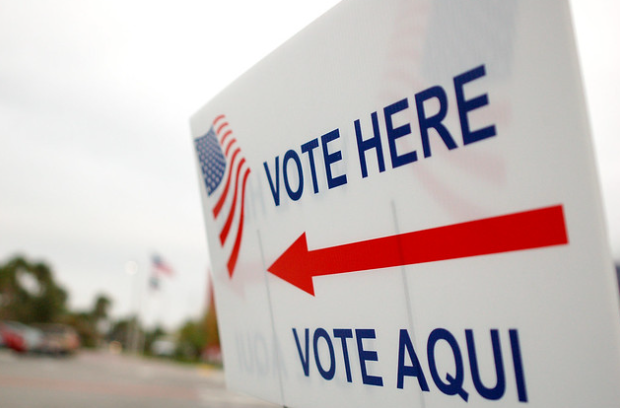Forgotten Women of Politics: Victoria Woodhull
September 14, 2018
Clinton may have populated the idea of female president during her candidacy in 2016, but it is often forgotten that she was not the first. There were many other female candidates before her who ran for both the presidency and vice-presidency and tried to form a path to the Oval Office.
The first of these women was Victoria Woodhull. Woodhull was born in 1838 and ran for the presidency in 1872 as part of the Equal Rights Party. By that time, she had started the Woodhull and Claffin’s Weekly. This was a progressive publication dedicated to activism.
At age fifteen, she married, but the union ended in a divorce in 1864. In 1870, Victoria and her sister, Tennessee Claffin started their publication. In it, they printed their ideas on equal rights, love, and other issues. Later, these views were one of the obstacles keeping her from the presidency.
Two years after establishing their publication, Victoria Woodhull ran for the presidency. While it was never confirmed, many believe that Woodhull’s fellow abolitionist, Frederick Douglass, was her running mate. She never made it to the presidency due to criticism over her beliefs and multiple marriages. However, she is still a role model when it comes to civil rights, even if her ideas were much ahead of her time.
Victoria and her sister later moved to England, where she remained until her death on June 9, 1927. She remarried while she was there and started another publication with her daughter. She spent much of her time until her death writing about equal rights and other issues she was passionate about.
While she might not have made it to the White House, Victoria Woodhull is still an inspiration. This is especially true as our society becomes more and more welcoming to women in politics. The trek towards equality may not quite be done, but stories like Victoria’s remind us of how important it is that we keep going. If it wasn’t for abolitionists such as her, we wouldn’t be where we are today. As we look towards the future of civil rights, it’s important to remember that change won’t come unless somebody pushes for it. Follow Victoria’s example and fight for the world you want to live in. You might not be able to bring about change all by yourself, but together we can bring about a future where everyone is equal.





















































































































































